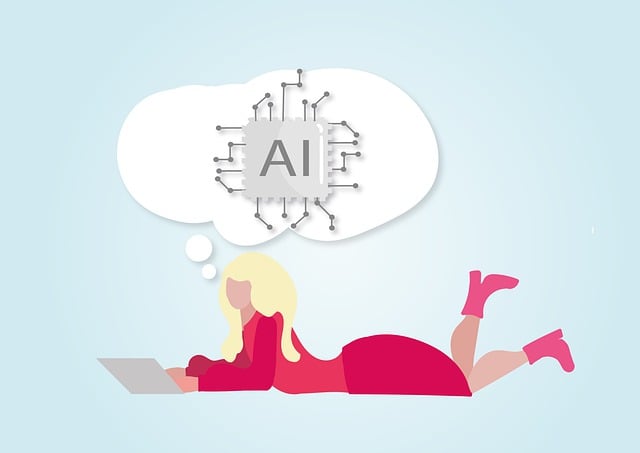The rapid advancement of artificial intelligence (AI) technology has led to an explosion of potential applications for the business world, from automating mundane tasks to transforming customer service. AI technology is paving the way for business innovation, allowing companies to streamline operations, reduce costs, and improve customer experiences. In this article, we’ll discuss the potential of AI technology for business, the challenges associated with its implementation, and how businesses can capitalize on its benefits.
What Is AI Technology?
AI technology is a branch of computer science that focuses on the development of intelligent machines that can think and act like humans. AI technology is used to create computer programs that can learn from their environment and make decisions based on the data they receive. It is also used to create autonomous robots that can interact with their environment in a more human-like manner.
AI technology has been used in business for decades, but recent advancements in the technology have made it more accessible and powerful. AI technology can be used to automate mundane tasks, such as data entry and customer service, or to create more complex applications, such as machine learning algorithms and natural language processing.
The Potential of AI Technology for Business
The potential of AI technology for business is vast. AI technology can be used to automate mundane tasks, such as data entry and customer service, which can save businesses time and money. It can also be used to create more complex applications, such as machine learning algorithms and natural language processing, which can help businesses make better decisions and gain deeper insights into their customers.
AI technology can also be used to improve customer experiences. For example, AI-powered chatbots can provide customers with personalized support and answers to their questions, while AI-powered recommendation engines can suggest products and services tailored to each customer’s needs.
The Challenges of Implementing AI Technology
Despite the potential of AI technology for business, there are some challenges associated with its implementation. For example, AI technology requires a large amount of data to be trained and tested, which can be difficult to acquire for some businesses. Additionally, AI technology can be expensive to implement, as it requires specialized hardware and software.
Finally, AI technology is not yet perfect. While the technology is improving rapidly, it is still prone to errors and can be difficult to debug. As such, businesses must be prepared to invest time and resources into ensuring the accuracy and reliability of their AI applications.
Capitalizing on the Benefits of AI Technology
Despite the challenges associated with implementing AI technology, businesses can capitalize on its benefits by taking a few simple steps. First, businesses should identify the areas where AI technology can be most beneficial, such as automating mundane tasks or improving customer experiences.
Second, businesses should ensure that they have the necessary data and resources to implement AI technology. This may include acquiring additional data, investing in specialized hardware and software, and hiring AI experts to help with the implementation.
Finally, businesses should continuously monitor and test their AI applications to ensure accuracy and reliability. This may include running simulations and using AI-powered analytics to identify any potential errors or weaknesses.
Conclusion
In conclusion, AI technology is paving the way for business innovation, allowing businesses to automate mundane tasks, reduce costs, and improve customer experiences. However, businesses must be prepared to invest time and resources into ensuring the accuracy and reliability of their AI applications. By taking the right steps, businesses can capitalize on the benefits of AI technology and gain a competitive edge in the marketplace.










